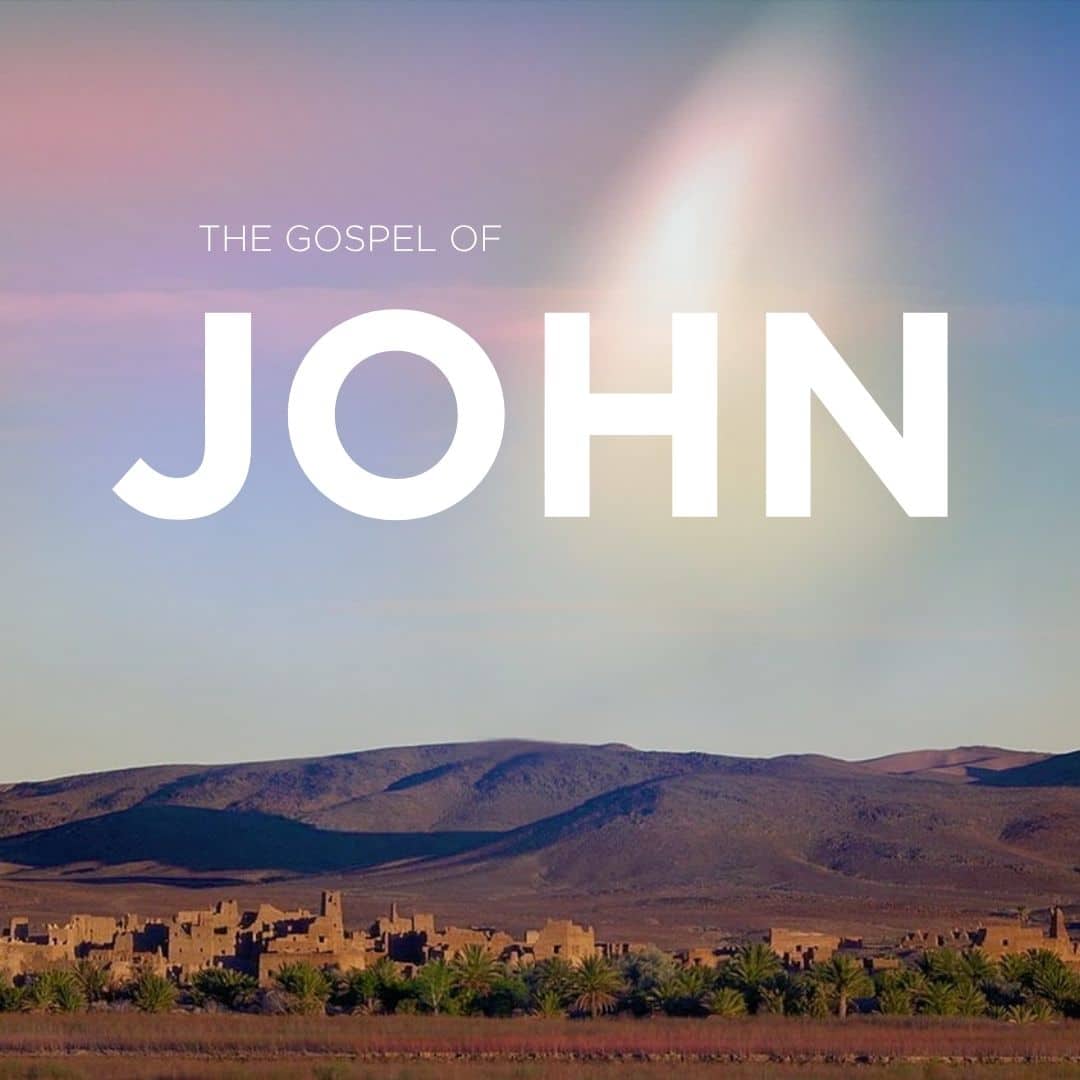Jesus Offers More than the “Golden Rule”
Kris Thulson2025-11-20T18:17:56-07:00So in everything, do to others what you would have them do to you, for this sums up the Law and the Prophets. Matthew 7:12 Do not seek revenge or bear a grudge against [...]


